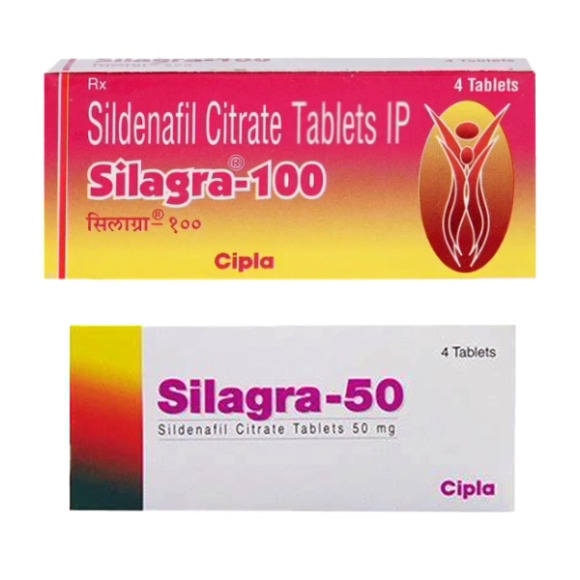Preparing the body thoroughly before otoplasty significantly reduces the risk of complications like excessive bleeding or delayed healing. The pre-operative phase focuses on two main areas: stopping substances that interfere with clotting and ensuring you are in optimal general health for anesthesia and recovery. Ear Reshaping in Islamabad has become a popular option for those looking to enhance facial symmetry and boost self-confidence.
Checklist 1: Medication and Supplement Interruption (The Bleeding Risk)
The most critical part of the physical preparation is discontinuing anything that can thin the blood or affect clotting, as this directly increases the risk of bruising and post-operative hematoma (blood collection).
- Nonsteroidal Anti-Inflammatory Drugs (NSAIDs): You must cease taking all NSAIDs (like aspirin, ibuprofen, naproxen) at least two weeks prior to surgery, unless specifically instructed otherwise by the surgeon regarding a serious medical condition. These medications inhibit platelet function.
- Aspirin: This is a major blood thinner and must be stopped two weeks out. If you take aspirin for a cardiac condition, you must discuss a safe, temporary substitute with both your prescribing physician and your plastic surgeon well in advance.
- Herbal Supplements: Many common supplements have blood-thinning properties. Cease taking Vitamin E, fish oil/omega-3s, garlic, ginger, Ginkgo biloba, and St. John’s Wort for at least two weeks before the procedure.
- Prescription Medications: Continue taking all necessary prescription medications, especially those for chronic conditions, unless your surgeon explicitly tells you to stop.
Checklist 2: Lifestyle Adjustments for Optimal Healing
The body needs maximum blood flow and oxygen to heal surgical incisions effectively. Lifestyle choices in the weeks leading up to surgery directly impact the healing rate.
- Smoking Cessation: This is non-negotiable. Nicotine severely constricts blood vessels, reducing the blood flow to the skin flaps and healing tissues in the ear area. Patients are almost always required to stop smoking (including vaping, nicotine patches, and gum) for at least four weeks prior to surgery and often for several weeks following. Failure to comply can lead to severe wound healing problems.
- Hydration and Nutrition: Focus on a balanced, nutritious diet rich in protein and Vitamin C to support tissue repair. Maintain excellent hydration in the days leading up to surgery.
- Alcohol Restriction: Limit or stop alcohol consumption for about one week before surgery, as alcohol can sometimes interfere with anesthesia and hydration levels.
Checklist 3: Logistical and Recovery Planning
Preparation extends beyond just the physical body; practical planning ensures a stress-free recovery period, which is essential for minimizing stress hormones that can impede healing.
- Arrange Transportation: Since otoplasty is often performed under general anesthesia or deep sedation, you must arrange for a responsible adult to drive you home after the surgery. You will not be permitted to drive yourself.
- Post-Operative Support: Plan for someone to stay with you or check on you for the first 24 hours, especially if you live alone.
- Recovery Wardrobe: Prepare clothes that are easy to put on and take off without pulling anything over your head, such as button-down shirts or zip-up tops. This prevents accidental pressure or friction on the bandaged ears.
- Gather Supplies: Ensure you have soft pillows, your prescribed pain relief medication ready, and any necessary cleaning solutions (as directed by your surgeon) before the day of surgery.
By diligently following these pre-operative checklists, you create the optimal internal and external environment for your body to undergo the cartilage reshaping successfully and begin the healing process smoothly.






